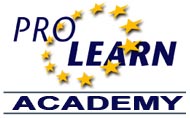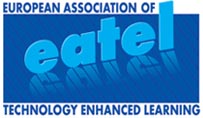Pedagogical activity patterns
Modeling learning environments for fostering competence advancement in the areas of self-directing and collaborating in cross-national contexts: experiences from the iCamp project
It is predicted that post-industrial economies are increasingly design-orientated. Information-rich, small, creative companies are the major drivers of innovation, working in a new flexible mode of producing cultural goods and services, using the available social software. The employees must have competences of designing and planning activities for their own creative development and participation in learning, as well as, envisioning how other people would use the systems effectively. Fundamental transformations challenge the Instructional Design models currently prevalent in education and business and call for fostering competence advancement in areas such as self-directing and collaborating in authentic cross-national environments, composing and managing distributed systems and activity workflows in these.
The research and development project iCamp, funded by the European Commission under the IST (Information Society Technology) track of the 6th Framework Programme, aims at modeling learning environments for competence advancement in self-directing, collaborating and networking in cross-national settings in higher education. The envisioned outcome of the conceptual work within the project, is an Interventional Environment Design model that supports the creation and management of educational challenges in distributed institutional and social settings.
In this session Dr. Kai Pata (Senior Researcher at Tallinn University, Centre of Educational Technology) will elaborate the educational concepts and the Environment Design Model developed and tested within the iCamp project. The participants will have the possibility to deepen their understanding in hands on activities with iCamp project trial data from collaborative activities – planning an activity pattern and learning landscape.





